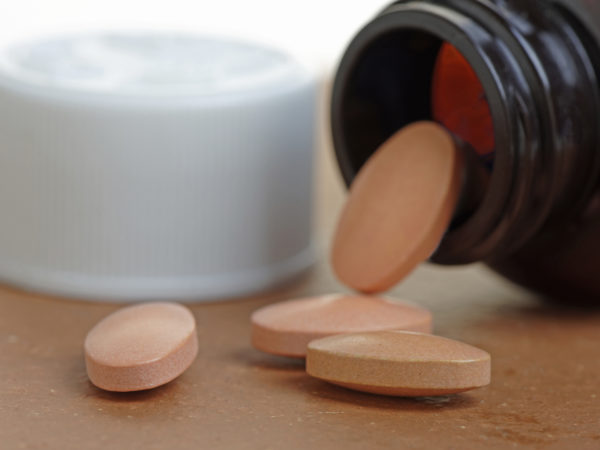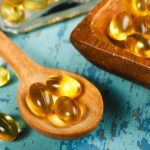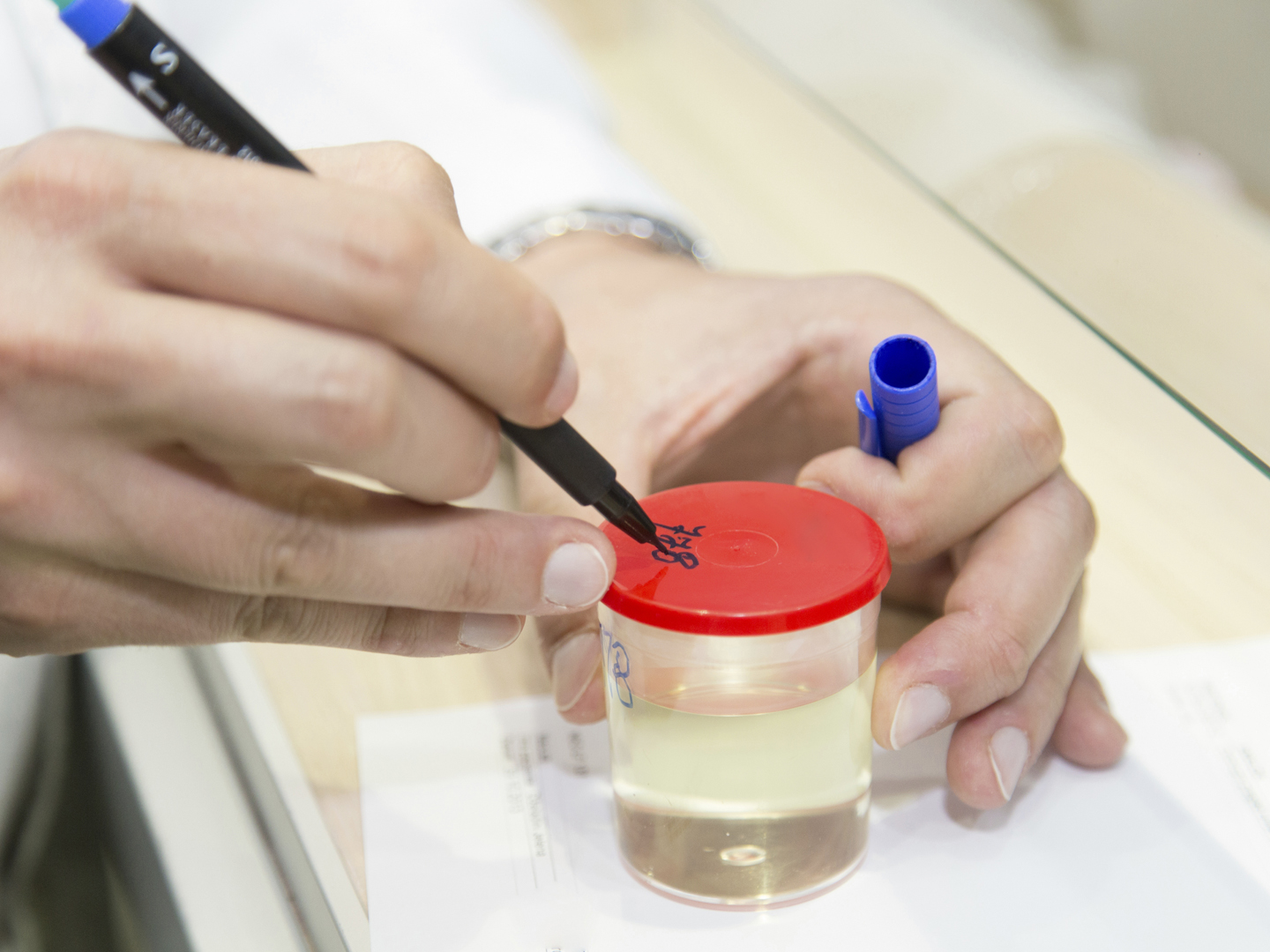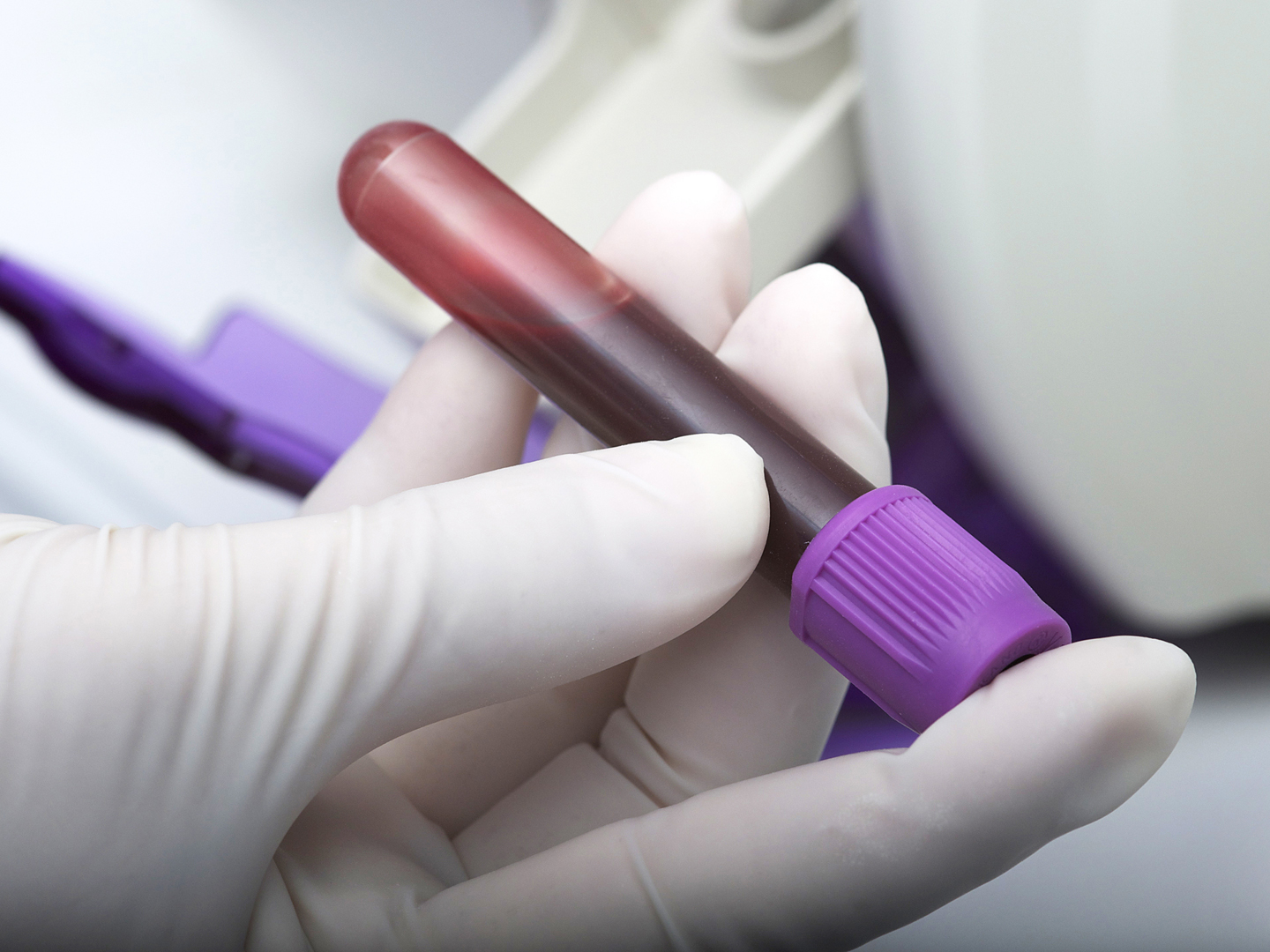Heartburn Drug Downside?
Is it true that long-term use of proton pump inhibitors (PPIs) can cause liver disease, kidney disease and serious infections? Should I stop using them?
Andrew Weil, M.D. | April 23, 2018

In a word: yes. Proton pump inhibitors (PPIs) block the secretion of stomach acid and are widely used to help relieve heartburn and treat gastroesophageal reflux disease (GERD), in which stomach acid backs up into the esophagus. They are also recommended for treatment of esophageal inflammation (esophagitis), esophageal ulcers due to acid reflux, gastric inflammation and ulceration. PPIs include Nexium, Prilosec and Prevacid. Both prescription and over-the-counter forms are available.
Here’s a rundown of some of the possible adverse effects of PPIs:
- Kidney disease: Two large studies suggest that PPIs can raise the risk of kidney disease. One, published in 2017 from Washington University School of Medicine in St. Louis, found that more than half the patients who developed kidney problems while taking prescription-strength PPIs wound up with long-term kidney damage or end-stage renal disease requiring dialysis or a kidney transplant. The data came from 125,596 new users of PPIs compared to new users of H2 blockers (another class of heartburn drugs less likely to cause kidney problems). In addition, a Johns Hopkins examination of medical records OF more than 259,000 people, published in 2016, found that PPIs appeared to raise the risk of chronic kidney disease by nearly 12 percent compared to an expected risk of 8.5 percent.
- Serious infections: Research from Scotland published in 2017 found that people taking PPIs and H2 blockers were about 4 times more likely to develop a Campylobacter infection, 70 percent more likely to be diagnosed with difficile outside of a hospital and 42 percent more likely to develop this problem while hospitalized. In 2012 the FDA noted the risk of C. difficile seen in earlier studies of PPIs and urged people who take these drugs to seek medical help if they develop diarrhea that doesn’t improve. The data came from the medical records of more than 188,000 adults who had been prescribed a PPI or an H2 blocker at least once. Incidence of the bacterial infections was compared to that in adults who didn’t take any of these drugs during the study period.
- Liver disease: A study from the University of California San Diego School of Medicine published in 2017 found that suppression of stomach acid with PPIs changes gut bacteria in a way that promotes liver injury and the progression of 3 types of chronic liver disease. They first observed this in a study with mice, and then among 4,830 patients with alcoholic liver disease who were taking PPIs. Here, they found that the 10-year risk of a diagnosis of alcoholic liver disease was 20.7 percent for patients who were using PPIs, 16.1 percent for those who once took the drugs and 12.4 percent for those who never used them. While the investigators saw a link between PPI use and the risk of liver disease in abusers of alcohol, they couldn’t be sure that other unidentified factors were not involved. Still, they suggested that the increased use of PPIs and other gastric acid-suppressing drugs might help explain the rising rate of chronic liver disease in Western countries.
Other studies have found links between PPI use and increased risks of bone fractures, vitamin B12 deficiency, pneumonia, and, possibly, heart problems.
While PPIs work well on a temporary basis, I urge you to avoid long-term use. Rebound hypersecretion of acid when you attempt to stop taking a PPI or try to reduce the dose makes it very hard to get off these medications.
Instead of taking PPIs long-term, I urge you to make lifestyle changes and consider natural, non-drug remedies that can help eliminate the need for medication.
Andrew Weil, M.D.
Sources:
Bernd Schnabl et al, “Gastric acid suppression promotes alcoholic liver disease by inducing overgrowth of intestinal Enterococcus.” Nature Communications, October 16, 2017 DOI: 10.1038/s41467-017-00796-x
Morgan E. Grams et al, “Proton Pump Inhibitor Use and the Risk of Chronic Kidney Disease.” JAMA Internal Medicine, January 11, 2016, doi:10.1001/jamainternmed.2015.7193
Ziyad Al-Aly et al, “Long-term kidney outcomes among users of proton pump inhibitors without intervening acute kidney injury.” Kidney International, February 2017 DOI: 10.1016/j.kint.2016.12.021
Thomas M. MacDonald et al, “Acid suppression medications and bacterial gastroenteritis: a population-based cohort study.” British Journal of Clinical Pharmacology, 2016; DOI: 10.1111/bcp.13205.template-parts/molecules/promo-blurb.twig











